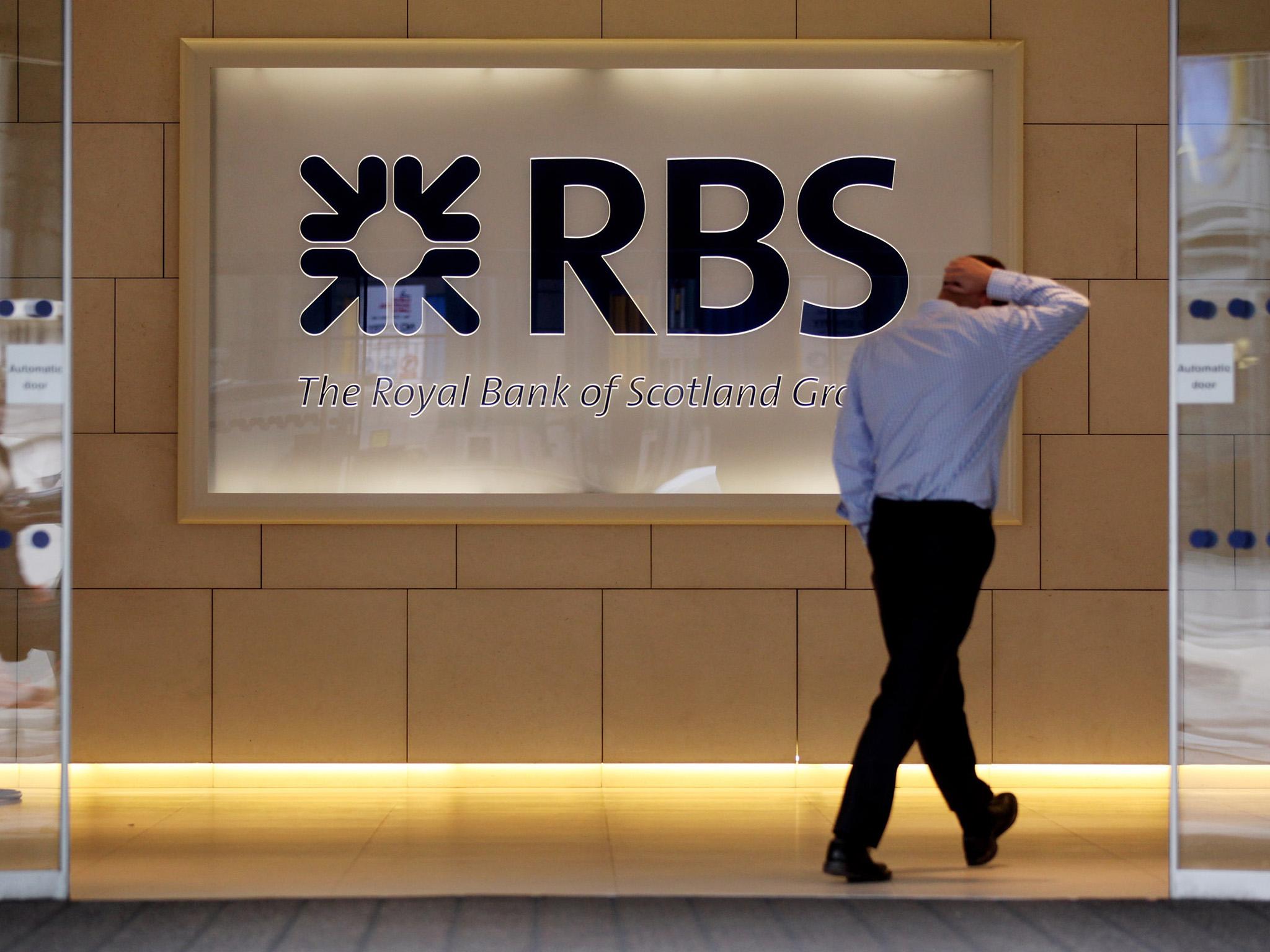RBS chiefs 'knew investment bank's head wasn't up to the job' in run-up to near collapse
Court papers suggest bosses repeatedly questioned Johnny Cameron's capability to oversee the bank's casino banking arm

Your support helps us to tell the story
From reproductive rights to climate change to Big Tech, The Independent is on the ground when the story is developing. Whether it's investigating the financials of Elon Musk's pro-Trump PAC or producing our latest documentary, 'The A Word', which shines a light on the American women fighting for reproductive rights, we know how important it is to parse out the facts from the messaging.
At such a critical moment in US history, we need reporters on the ground. Your donation allows us to keep sending journalists to speak to both sides of the story.
The Independent is trusted by Americans across the entire political spectrum. And unlike many other quality news outlets, we choose not to lock Americans out of our reporting and analysis with paywalls. We believe quality journalism should be available to everyone, paid for by those who can afford it.
Your support makes all the difference.Royal Bank of Scotland chiefs knew the head of its investment bank during the run up to its near collapse wasn’t up to the job, court filings have alleged.
Johnny Cameron was seen in public as a rising star at the bank, and a close confident of former chief executive Fred Goodwin before it hit the rocks during the financial crisis and had to be bailed out with more than £45bn of tax payers money.
But the court papers suggest that privately bosses repeatedly questioned his capability to oversee its casino banking arm, then known as Global Banking & Markets.
Its activities are expected to land the bank with a multi billion dollar US fine to settle charges that it misled investors by selling US mortgage backed securities. There has been speculation that the penalty could be as much as $13bn (£10bn).
The particulars of claim filed by former shareholders who are suing the bank over its £12bn cash call in 2008 say that Mr Cameron explained in a personal letter to the bank’s disgraced former chief executive Fred Goodwin on 27 March 2008, that he was “not aware of his own role and responsibilities” as chairman of the investment banking operations, then known as Global Banking & Markets.
“Nor was he aware of what role RBS thought he was playing,” the document goes on to state.
It quotes an RBS internal memorandum of 2 June 2006 recording that Mr Cameron “would not be a candidate for running major FM [Financial markets] business at a competitor, particularly in relation to the management of market risk”.
“According to an email from Mr Joe MacHale (a non-executive director of RBS) to (chairman Tom) McKillop dated 5 May 2008, ‘the non-executive directors have no confidence in Johnny Cameron staying on as Head of Global Markets.’”
Mr Cameron was one of only two bankers disciplined in the wake of the crisis which plunged Britain into its worse recession since the Wall Street Crash. He voluntarily accepted a ban from the City in 2010 after the Financial Services Authority said it would seek to impose one if he didn’t.
At the time the watchdog said: ”On the basis of the information available to it, the FSA believes that Cameron would not meet its current standards for approval for a significant influence function.”
Mr Cameron, paid £7m between 2006 and 2008, also faced criticism in a Financial Services Authority report into the bank’s collapse.
However, by contrast to many of his former colleagues, he showed some contrition and said he would take his “share of responsibility” for the collapse of the bank, pledging that he would never seek to run one again.
The court filings also highlight his admission in an interview with the FSA that even in May 2007 he did not adequately understand collateralised debt obligations - financial instruments that were a major cause of the financial crisis and now RBS’s issues with US regulators.
RBS’s rights issue has been a running sore among those who signed up for it. It was the largest cash call on a European market, with the £12bn raised used to plug a gaping hole in the bank’s finances.
Just months after its completion the bank had to go cap in hand to the taxpayer for its £45bn bail out, which left Government with an 81 per cent stake in the bank. Some investors in the bank prior to the bail out lost 90 per cent of the value of their investments.
RBS is fiercely defending the claim. The bank said: “We are continuing strongly to defend the claims that are being brought against the bank in relation to its 2008 Rights Issue.”
Some 27,000 retail shareholders - including many former RBS employees - along with a number of City institutions says that if they had a full picture of the health of the bank they would not have agreed to put the money in and are seeking up to £4bn in damages.
The case is due to reach trial in March and could see Mr Goodwin’s first public appearance since 2010.
Join our commenting forum
Join thought-provoking conversations, follow other Independent readers and see their replies
Comments